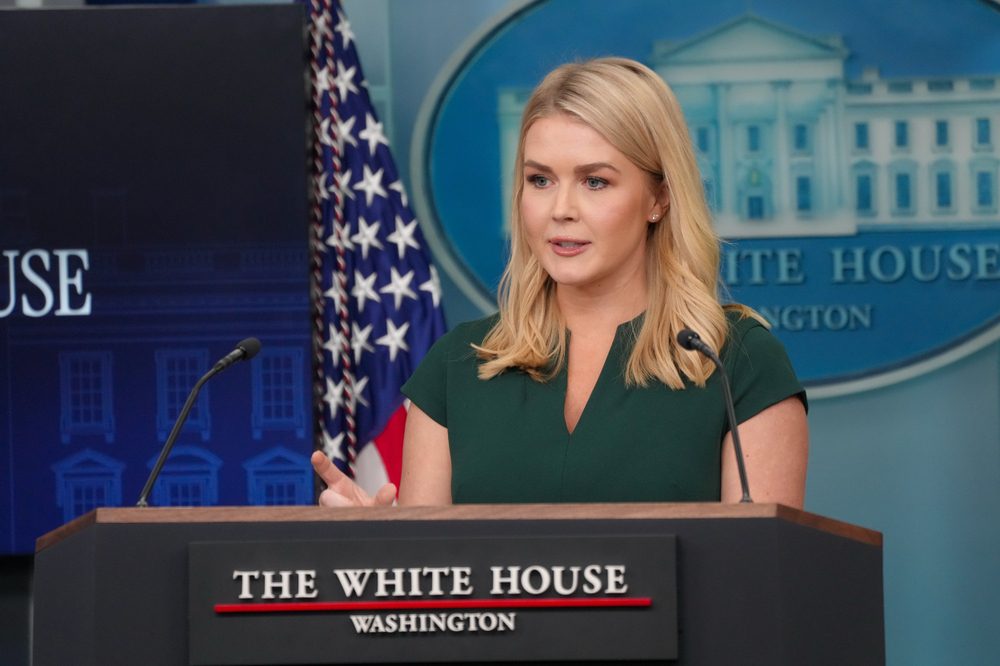By now, almost everybody outside the Internet world has heard of Google. Similarly, thanks to its first mover status and ubiquitous blanketing of American mailboxes and retail outlets with CD-ROMs, you’ll be hard pressed to find someone that hasn’t heard of AOL. For those that somehow managed to avoid mention of either company over the past 15 years, the ante just got raised as the two have dominated industry and general media coverage for the recently announced $1 billion investment by Google in exchange for 5% of AOL and among other things an extended search pact. Consider this week’s Trends Report a, “We sort through all the stories so you don’t have to.” And there are a lot of them. We’re just happy we didn’t publish the story last week when it looked like MSN was sure to win the AOL business.
A lot has changed in two and a half weeks. Looking over the news from the beginning of the month, you would have seen headlines such as “Microsoft May Have Edge in AOL deal and “Report: Microsoft and AOL Deal Close.” These past few days, the headlines read “Google Outfoxes Microsoft Again” and “Google Checkmates Microsoft on the Web.” With the deal signed, this certainly seems the case, although we see that a few saw the Google / AOL partnership not as a triumph but as a sign of potential weakness. For example, rather than praising Google, the Wall Street Journal said “Google Goes on Defensive with AOL Stake Buy.” Only time will tell there though.
At the most fundamental level, any deal with AOL comes down to money. Google has a vested interest in AOL as they add more than $300 million to their top line. That is more than enough money to help Microsoft jump start their own fledgling search business built off its first generation advertiser platform, Ad Center. For AOL, the deal means more than just the $300 million it earns in search. The deal secures its lifeline as the company looks to Internet advertising revenues to replace its well-documented declining subscriber revenue. Yahoo was mentioned in the early talks, but did not choose to participate in the final round of talks.
An AOL deal with MSN would have made sense on levels other than helping Microsoft with search. MSN and AOL share much in common – from the ad units to their strategy. Each company wants to compete with Yahoo and ultimately with Google. An alliance could have put both on the map and given their respective internal sales teams a chance to sell more of what they already sell. Immediately, they could have become a sizable display ad and search entity. That combination though would have come with some significant operational challenges for both companies.
Working with Google will still require solid execution on AOL’s part, but it provides a baseline if none of that execution occurs – the status quo and an extra billion dollars. True, AOL will most likely get some favored nation status within Google’s own search results and buying opportunities on its AdSense network. But, making that work will rest on AOL. Google on the other hand gets access to AOL’s vast content, which includes video and other sought after media formats. There is little doubt that Google will successfully execute on their end to leverage what AOL offers. And, while a technological laggard, the AOL brand brings a maturity that brand advertisers trust, something Google desperately wants.
Coverage of Google’s investment into AOL wouldn’t be complete without mention of investor Carl Icahn, who owns 3% of AOL. He questions whether the deal with Google provides the best choice for realizing the value of the “AOL asset.” In his letter to the board of directors he says that he is “not opposed to the Board using its business judgment to enter into a transaction with Google or another suitor so long as the transaction does not destroy or impede Time Warner’s flexibility to unlock shareholder value in the near and long term.” Mr. Icahn mentions other suitors in this letter but does not show a preference for any particular company. He focuses on finding the best choice, and there is a real case to be made that Google represents the best short term choice but not long term choice. Again, the onus for realizing the value of the investment really falls upon AOL not Google. The one who spends the money generally will find a way to get their money’s worth. That is not always true of the one who gets the money.
In the end, or we should say in the beginning, The AOOOOOL story started three and a half years ago when Google beat out Overture to supply the “You’ve got mail” site with its paid search listings. I guess it shouldn’t come as a surprise that it chose to step up yet again. At least Google has finally helped solve one lingering question – what they planned on doing with their $4 billion secondary offering “defensive” war chest. Their $1 billion investment earned them not just 5% of AOL but an estimated 7% of the search market. Who wouldn’t want 7% of the search market for $1 billion? IAC paid almost $2 billion for less than four percent. While not quite that easy, even viewing the deal as Google paying $200 million per year for $300 million in revenue and perhaps $45 million in search profit isn’t that bad of a deal. In the end, the deal is Google’s to lose. They have the money, and they have the confidence to confront those who saw their willingness to buy a stake of AOL as a sign of weakness. And, when AOL gets spun off from Time Warner and goes public, they will yet again look like smart ones. And did we mention AIM?



